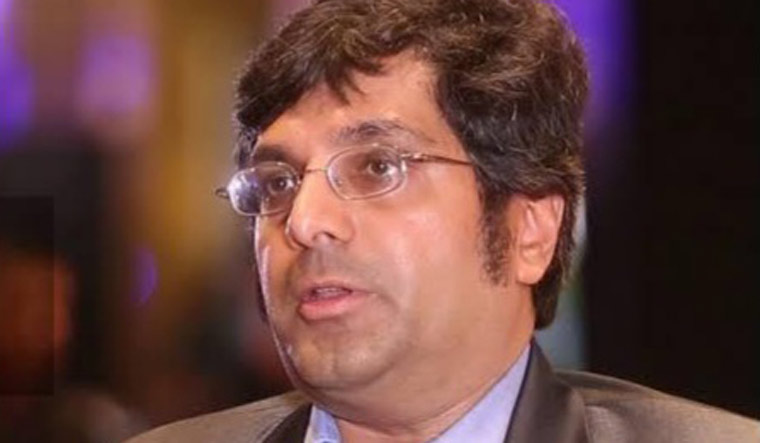Amid raging debate over the Hindenburg report on the Adani Group, industry expert Sudin Baraokar said that there should be due diligence on the genuineness of any report before reaching a conclusion. An IT and innovation adviser who has worked with SBI, Barclays, IBM and GE, Baraokar, in an exclusive conversation with THE WEEK, also spoke about the importance of Governance, Risk, and Compliance (GRC) and about different aspects related to the Hindenburg report. Excerpts:
Q/ What are the issues with the Hindenburg report on Adani Group and what could have been the problem?
A/ GRC is a very important aspect of corporate mnagement wherein the RegTech (Regulatory Technology) must be deployed as a posture management platform. The system of record in the corporate in terms of balance sheet and the profit and loss statement must generate the trusted system of engagement. This data-driven approach by the corporate can help improve the corporate trust, reputation and credibility of the organisation.
Q/ How much weight do such reports carry?
A/ Due diligence of any report must be done before reaching a conclusion. Reports may be helpful in determining the risk issue for investors. The corporate must always keep pushing their data on business growth, asset valuation, risk management and profitability to investors, shareholders and fund managers regularly. This two-way trust exchange will help reduce the friction and will help enable greater confidence in the investor and shareholder ecosystem.
Q/ The report mentions problems with regard to stock manipulation, improper use of tax havens and money laundering and has raised concerns about the Adani Group's mounting debts. Do you feel that there were issues of corporate governance in the group and something could have gone wrong?
A/ As I said, response and regulatory compliance articulation must be continuously provided by the corporate. Globalisation has many investment benefits and if used optimally, it can create huge economic and social development globally.
Q/ How do you see banks exposure to Adani Group's huge debt? Many say that the group is over leveraged.
A/ Most of the business is revenue generating and there is enough asset coverage as a guarantee for banks. The recent asset acquisition has been mostly infrastructure related, which has long gestation periods but has high growth and monetisation opportunities. Big banks and corporates are now too big to fail and the debt levels can be easily managed.
Q/ Do you feel that the markets overreacted to the findings of the Hindenburg report?
A/ Global markets are currently undergoing lot of volatility due to hyperinflation, higher internet rates, trade wars and economic disruption. So, there will be overreaction to any news due to these factors. Over a longer term, markets will stabilise and so will corporate valuations.
Q/ Will the issue fizzle out in the long run or can it bring in new challenges for the Adani Group?
A/ I think the communication to investors and fund managers needs to improve in the cadence and there needs to be far better articulation of the business, roadmap and the agenda. All this will increase.
Q/ In the above context, do you feel that the role of corporate governance has become more important? Do corporates and organisations need to maintain caution on this front?
A/ I think that the regulators and authorities need to keep pushing the RegTech compliance with near real-time cadence. Governance and management must be more data- and data science-driven. RegTech digital transformation is the need of the hour. This can improve the overall GRC and audit of corporates and companies.




